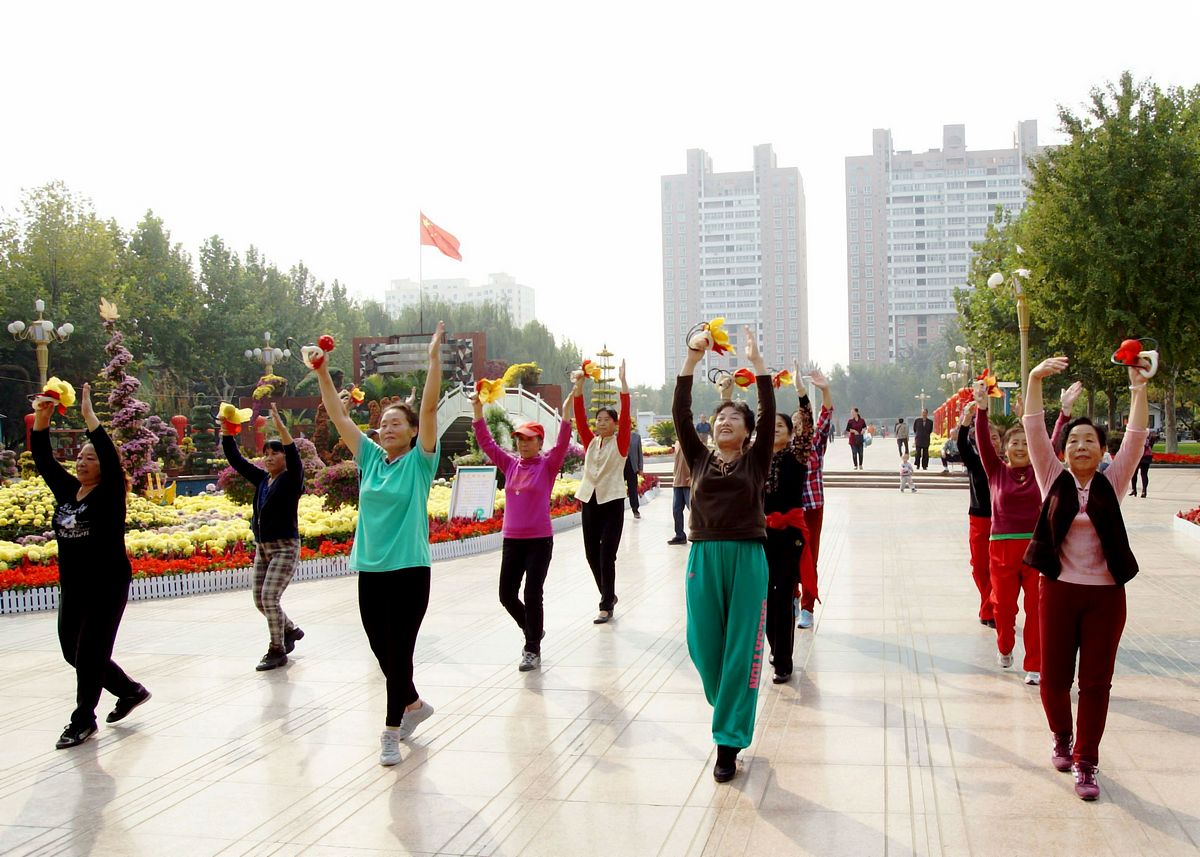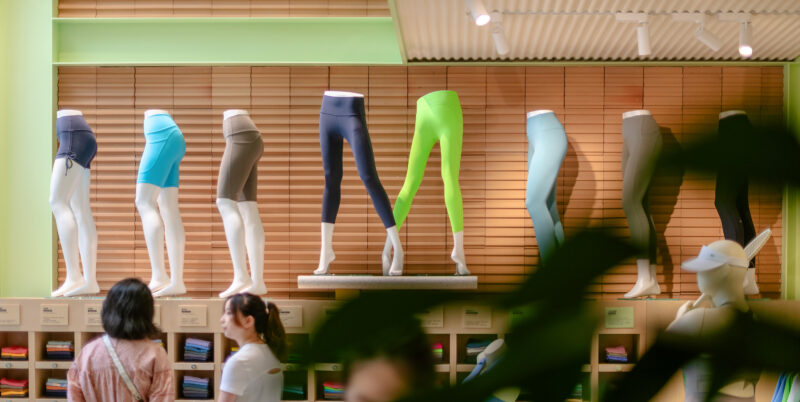Xiamen, a second-tier city in Fujian province, has just introduced new regulations targeting China’s “dancing aunties”, older women who engage in 广场舞 (dancing in a public square).
Square dancing is a common sight in public spaces in China’s towns and cities, with the sheer size of the group often creating a spectacle – it is not strange to see hundreds dancing in unison in larger spaces. Loudspeakers blasting anything from the latest Western pop to Mao-era revolutionary hits are part and parcel of a quintessential square dancing scene.
As part of a trial program to tackle noise pollution city-wide, Xiamen authorities now recommend that dancing aunties should congregate no earlier than 7am and no later than 9pm. Their music should also be no louder than 75 decibels – a notch above the volume of a vacuum cleaner – and they should station themselves at least 25 metres away from “noise-sensitive” buildings such as hospitals, schools, and residences.
Xiamen’s local government claims it is the first in the country to introduce an official “quiet neighbourhood” evaluation system, which is designed to stimulate the development of a “peaceful and harmonious” social environment through community guidelines and regular inspections.
On China’s Twitter-like platform Weibo, netizens voiced their support for Xiamen’s policy, saying it should be rolled out nationwide. Many also added that 7am is too early to allow the activity: “Are you serious? When I go to work on weekdays, I always wake up after 7am,” wrote one Weibo user. Another said the pastime “severely affects” residents in their neighbourhood.
In fact, the central government did weigh regulating square dancing at a national level in 2021, including introducing fines and penalties. This came after an unsuccessful attempt by the national sports regulator to nudge citizens toward creating less noise pollution in 2017. The 2021 proposal also appears to have had little impact, having possibly been shelved amid pandemic difficulties.









